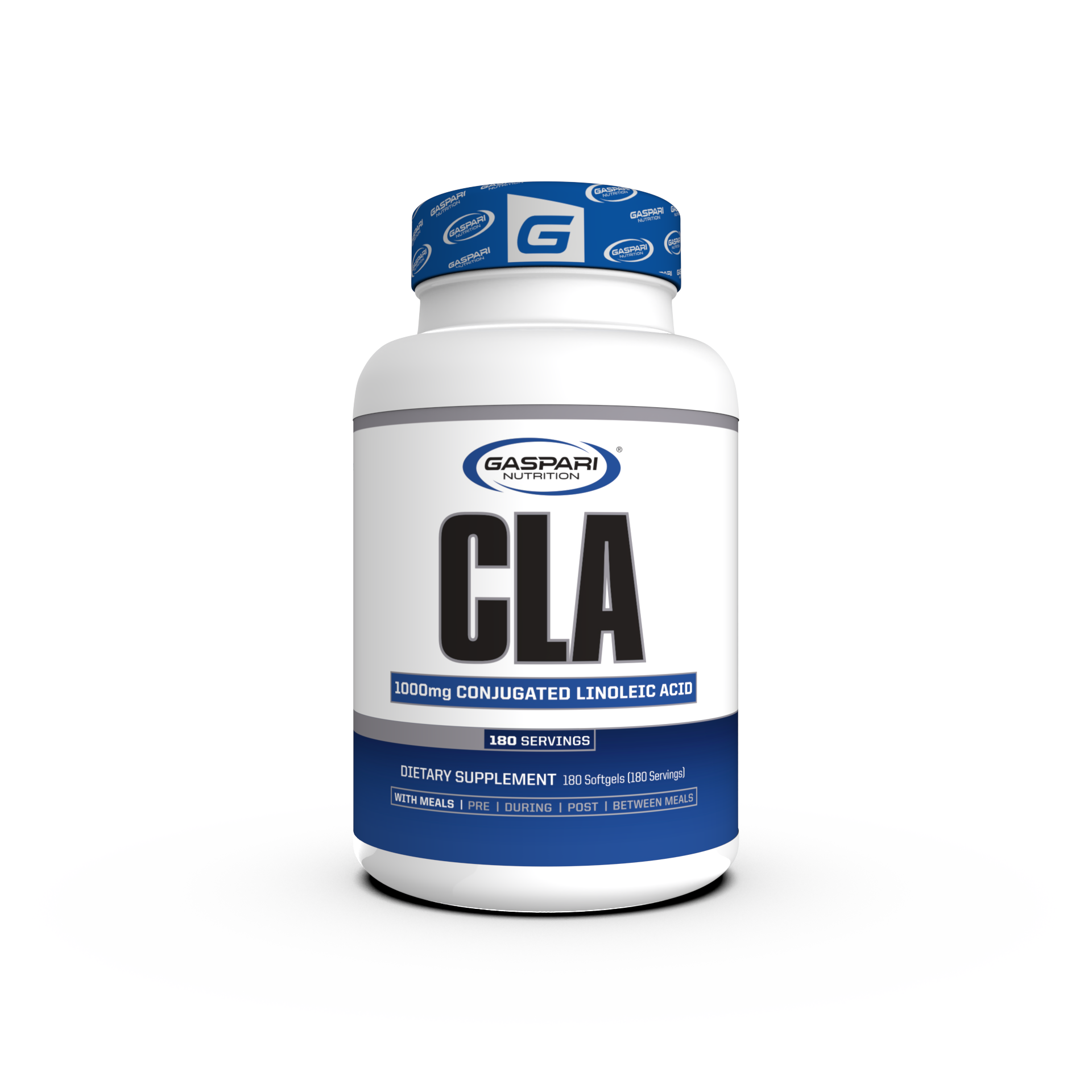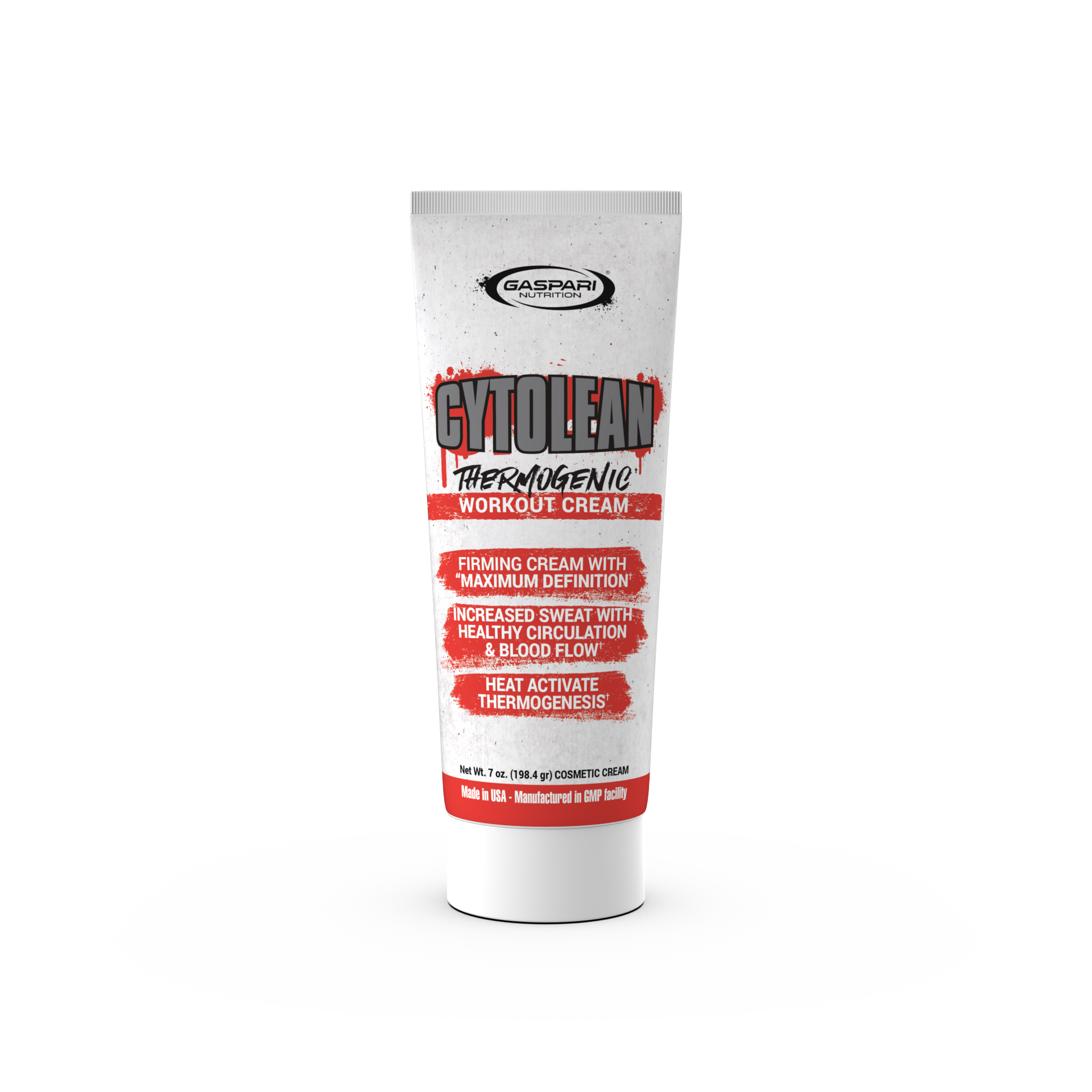Almost everyone knows the physical benefits they can receive from exercise, such as improving their bodies and fighting off disease. These effects have been established, and doctors are always encouraging their patients to stay active and become more physically fit.
However, exercise is also essential for maintaining your mental fitness, as well. Studies have shown that exercise can reduce fatigue, improve concentration and alertness, and enhance your overall cognitive function, which is helpful if stress has zapped your ability to concentrate or depleted your energy.
The brain has many nerve connections, so when stress hits it, the rest of your body feels it. Along with such, when the body feels good, the mind feels good, too. Exercise helps to produce endorphins, which are chemicals in your brain that act as a painkiller. Exercise can also help you sleep better, which can reduce stress, as well.
Scientists have shown that participating in exercise regularly can decrease your tension levels, stabilize and elevate your mood, improve self-esteem, and improve sleep patterns. Even just five minutes of exercise each day can stimulate the anti-anxiety effects.
Relationship between Anxiety Disorders and Exercise
Anxiety and stress are normal in life, but anxiety disorders are one of the most common psychiatric illnesses within the United States. Anxiety affects about 40 million adults in the US. Exercising may provide more than stress relief and might be able to help reduce anxiety and depression.
Psychologists have studied exercise and how it can relieve these common mental-health issues. They now believe that a short bout of exercise can be as effective as a longer sweat session to reduce anxiety and depression. Some studies have gone further to claim that exercise boosts a depressed mood more quickly than medication. While the effects are likely temporary, it does demonstrate that a quick walk or a simple activity can provide many hours of relief. The phenomenon is similar to that of taking a painkiller to relieve a headache.
Science has also given some evidence to back up the claim that physically active people tend to have lower rates of depression and anxiety than those who are sedentary. Exercise can improve mental health because it helps your brain deal with stress more effectively. One study showed that people who exercised vigorously and regularly were up to 25 percent less likely to develop an anxiety disorder or depression within the next five years.
Exercise for Therapy
Some studies have shown that regular exercise routines can work just as well as medication for many people who suffer from depression and anxiety. The effects can be as long-lasting, as well. Just one vigorous exercise routine can alleviate your symptoms for hours, and a routine schedule of exercise can significantly reduce symptoms over time.
However, with all this positivity, some studies have recently shown that for some people, exercise may not reduce depression and anxiety, or it might not have a strong impact on your long-term mental health.
As with all therapy options, the effects you see may vary. Some people are going to respond positively, while others may find that exercise doesn’t do much to improve their mood. Others may experience a short-term benefit that’s more modest. Regardless, researchers do claim that exercise is highly beneficial for physical health, so everyone should consider working out regularly.
Other Benefits
While exercise can help to reduce depression and anxiety, it can also reduce other symptoms. For example, exercise can help reduce ADHD symptoms, PTSD symptoms, and more.
Fitness Tips to Stay Healthy and Reduce Stress
Federal guidelines on how much exercise adults need can change over time, but the most recent guidelines state that adults should get at least 2.5 hours of moderate physical activity, such as brisk walking, each week. If adults prefer more vigorous or intense activities (running or swimming laps), only 1.25 hours are needed. Along with such, adults can choose a combination of both vigorous and moderate activity throughout the week.
If you already have an appropriate exercise program that you use (or should use), it is best to keep with that program. If you don’t have one set up already, here are a few tips to help you start your exercise journey:
- Choose to jog, bike, dance, or walk at least three and up to five times a week for about 30 minutes.
- Give yourself time to get used to the idea of exercising regularly. Set small goals each day and aim for consistency each day rather than getting in the perfect workout. It’s better to walk each day for 20 minutes than to try to fit in a three-hour walk on the weekend. Scientific data strongly suggests that how often you work out is more important than how long you work out.
- Choose exercise options that are enjoyable or fun. Extroverts tend to like group activities and classes, while introverts tend to enjoy solo pursuits. The goal is to do something you like so that it feels less like work.
- Choose a distraction, such as a media player or iPod so that you can listen to music, podcasts, audiobooks, and more. Many times, people think it is more fun to exercise when they’re listening to something they like.
- Bring a buddy. Many times, it’s easier to stick to the exercise routine if you have a friend, colleague, or partner who is also committed to exercise. You two can keep each other accountable and motivate each other, as well.
- Be patient. You’re starting something new that you may never have done before. Many people who live sedentary lifestyles require about eight weeks before they feel ‘in shape’ and coordinated enough that exercise doesn’t feel ‘hard.’
- Push yourself. Once you feel comfortable walking briskly for 15 minutes, you may want to consider upping that to 20 or 30. Alternatively, you could walk even faster within the same time-frame. Give yourself a small challenge so that your body keeps improving, and your mind does, as well.
Now that you understand why exercise is important, how it can change your brain, and how to do it safely and effectively, it’s time to start moving! Before you rush out the door for a quick walk, follow us on Facebook for more helpful information.
The post Can Exercise Help Reduce Anxiety & Depression? appeared first on Gaspari Nutrition.













































































Share:
How Weightlifting Can Improve Your Life
How Do I Reverse A Slowing Metabolism?